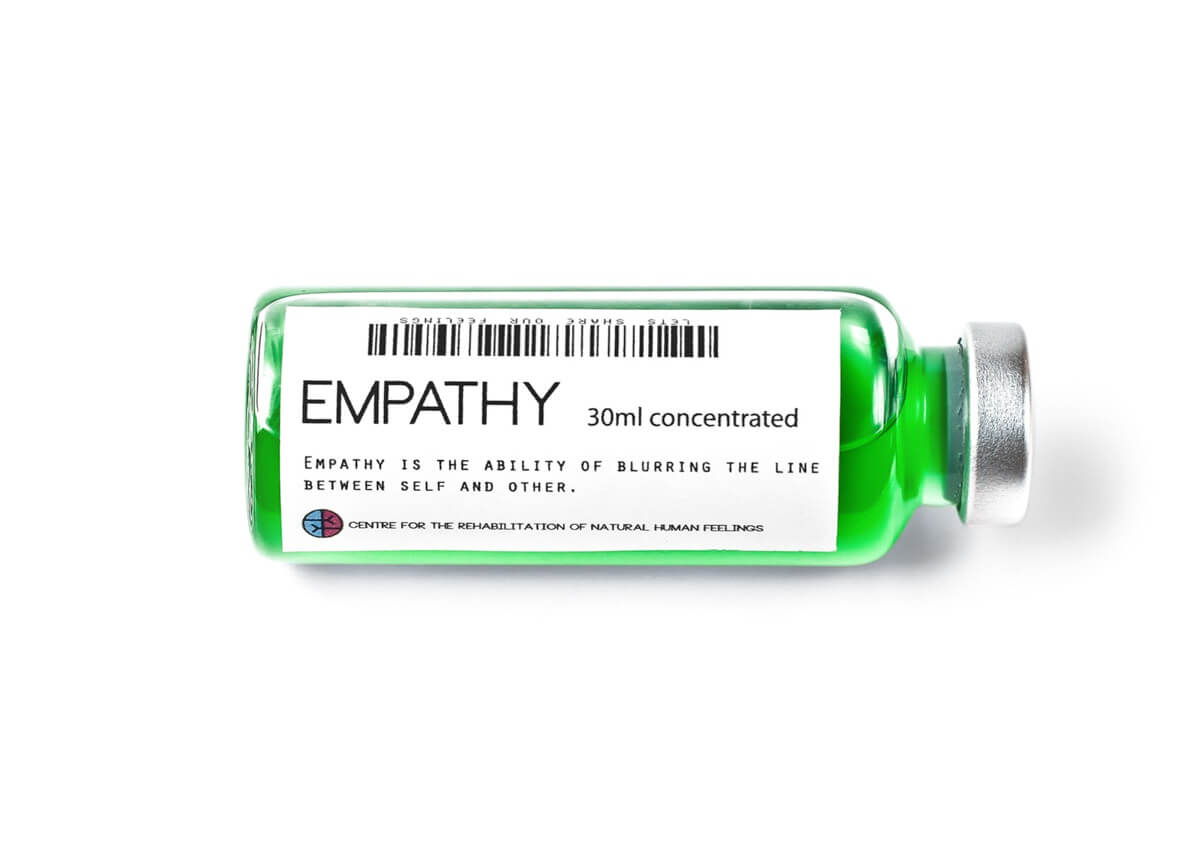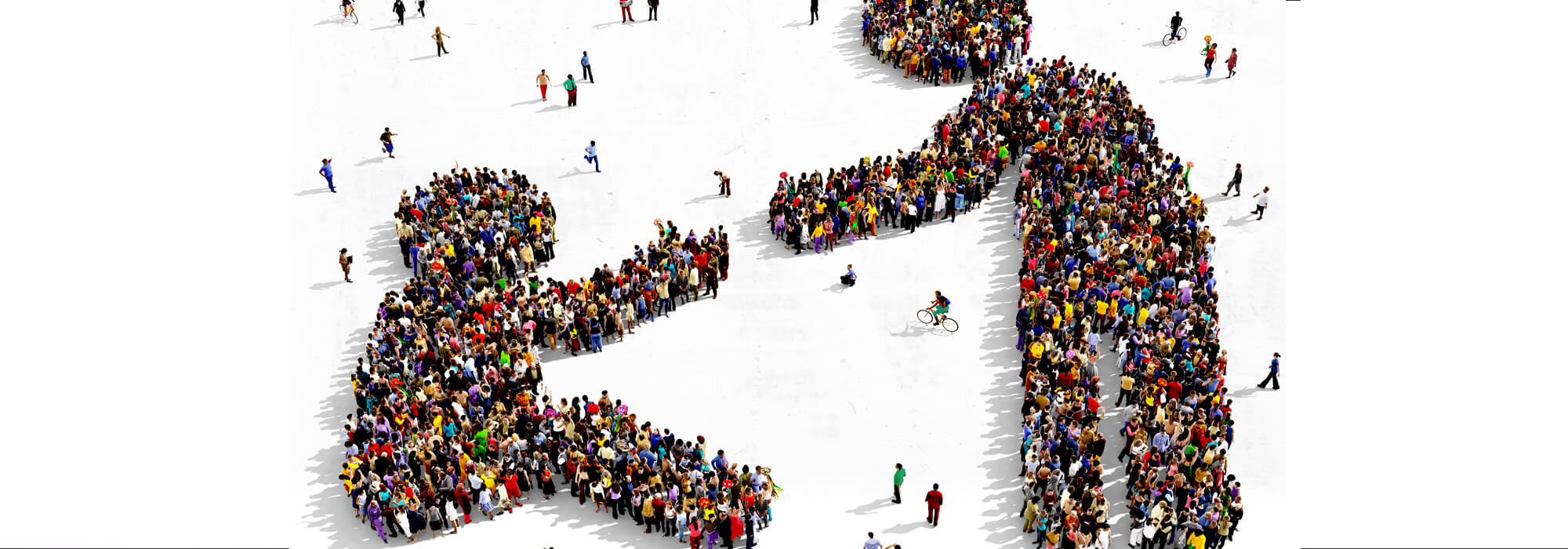
Surely, it would go a long way to build our immunity against the virus of hate.
By Evita David
It’s been more than a year that we have been living with the Coronavirus. While several countries have started reopening schools and offices, many others, including my country, India, are still hesitant. In the fight against covid, I’ve been hearing so much about the vaccines. We had been impatiently waiting for scientists to develop them.
Now that we have quite a few options, what we’re witnessing is serpentine queues for the shot, numerous vaccination centres, alarming debates on the efficacy of various vaccines, conspiracy theories, so on and so forth. There are also many who are of the opinion that they wouldn’t want to move out for work until they’re vaccinated. They believe that these vaccines can boost our immunity and prevent us from getting infected.
In this hustle, I wonder whether there’s any vaccine to boost our empathy and compassion as well. Considering the fact that that there has been a great divide among us in the recent past, wouldn’t it be amazing if we could reconnect with these values and protect our world from cruelty and hatred with the help of such vaccines?
On contemplating, I was glad to find that such vaccines exist! But, one of the main differences is that we don’t need to register or stand in long queues to get our jabs. We won’t have to rush anywhere. It’s rather a less stressful process.
You’ll be amazed to know that these vaccines are within us! Each one of us possess doses of kindness, compassion, and empathy. However, in varying amounts. These doses secrete antibodies that prevent us from contracting the viruses of hatred, cruelty, and insensitivity.
But what are the other reasons for us to boost compassion through these vaccines?
A neuroimaging study conducted by neuroscientist Jordan Grafman from the National Institute of Health showed that the pleasure centers of the brain are activated when we give to others. Further, research conducted by Ed Diener and Martin Seligman indicates that connecting with others in a meaningful way helps us enjoy better mental and physical health.
I recollect being enrolled in an online course that was authorized by Yale University and offered through Coursera named “The Science of well-being” in the first month of New year. It was taught by Professor Laurie Santos. I remember her talking about how compassion can improve our well-being and benefit society. We also had to perform some rewirement challenges (which included practicing compassion) as a part of the syllabus that had proven to improve our overall well-being.
And, a single dose of kindness can be extremely contagious! There have been instances where I have been walking or traveling, and a stranger just looks at me and smiles. Have you experienced something similar? It feels so good, right?
Moreover, look at the world around us. Although we all belong to the same species, there’s so much pain and hatred surrounding us. Don’t you think that these vaccines could enable a person to be a little warm-hearted and empathetic that could make someone feel better?
I’m sure most of us would have heard or witnessed several acts of kindness during the pandemic. Right from distributing items to poor families to donating plasma or oxygen cylinders and beds, many empathetic heroes have helped people survive during such uncertain times.
Remember a time when someone was kind to you. How did that make you feel? What if you made somebody else feel the same way? One of the many findings suggests that good deeds make people feel good—even when performed over as little as ten days. Then, imagine how much happier and better the world could be if we practiced an act of kindness every single day.

So, let’s search for those vaccines within us. In turn, we could urge others to do the same. Let’s pledge and reconnect with these values through the 31practices Challenge on World Values Day this year! Why 31? Because there are no more than 31 days in a month, and we could focus on one practice per day. It doesn’t matter whether the dose is high or low! Empathy and compassion are some of the many values that we can practice to make the world a happier place to live in. The world needs them now, more than ever. So, let’s look at some doses of compassion to put this into action!
- Time Dose – In our everyday lives, we don’t usually pause to spend time and actively listen to the ones whom we care about. But, one of the greatest gifts we can give somebody is the gift of time!
- Gratitude Dose- When was the last time you thanked somebody for their presence in your life? Most of us don’t thank enough. Today, let’s take some time to express our love and gratitude for those special ones in our lives. I remember making a card for my grandparents on grandparent’s day this year. You could do something like that too. Or, you could just send a text message or arrange a call with that person.
- Conversation Dose – Strike a conversation with a stranger. We never know what the other person might be undergoing. Try to connect and strike a conversation with somebody whom you perhaps met in the elevator, or a coffee shop. It could be the one whom you’ve been seeing while you travel. Explore their interests and let them know more about you! What if you end up becoming friends?
- Similarity Focused Dose – Often, we focus on the differences between ourselves and others. How about focusing on similarities? We could think about a person with whom we’ve been having a conflict or the one whom we see as enemies. Considering that we all are humans, let us try to embrace the unique differences and focus on the similarities. Let’s try to accept that person.
You could do a lot more than these that I’ve mentioned! Let me know what kind of dose did you choose and how did that make you feel. I’m excited to hear the magic happen!
References:
Picture credits:
Cover photo: https://valerioloi.com/portfolio/human-feelings-as-drugs
About the author:

Evita David is a high school senior from India and plans to pursue psychology for her further studies. Human behaviour fascinates her. She blogs about topics relating to psychology, mental health, social inequalities, human rights, etc. She also loves involving herself in music, dance, and sports. If you want to reach out to her, you could send an email or connect on LinkedIn.





